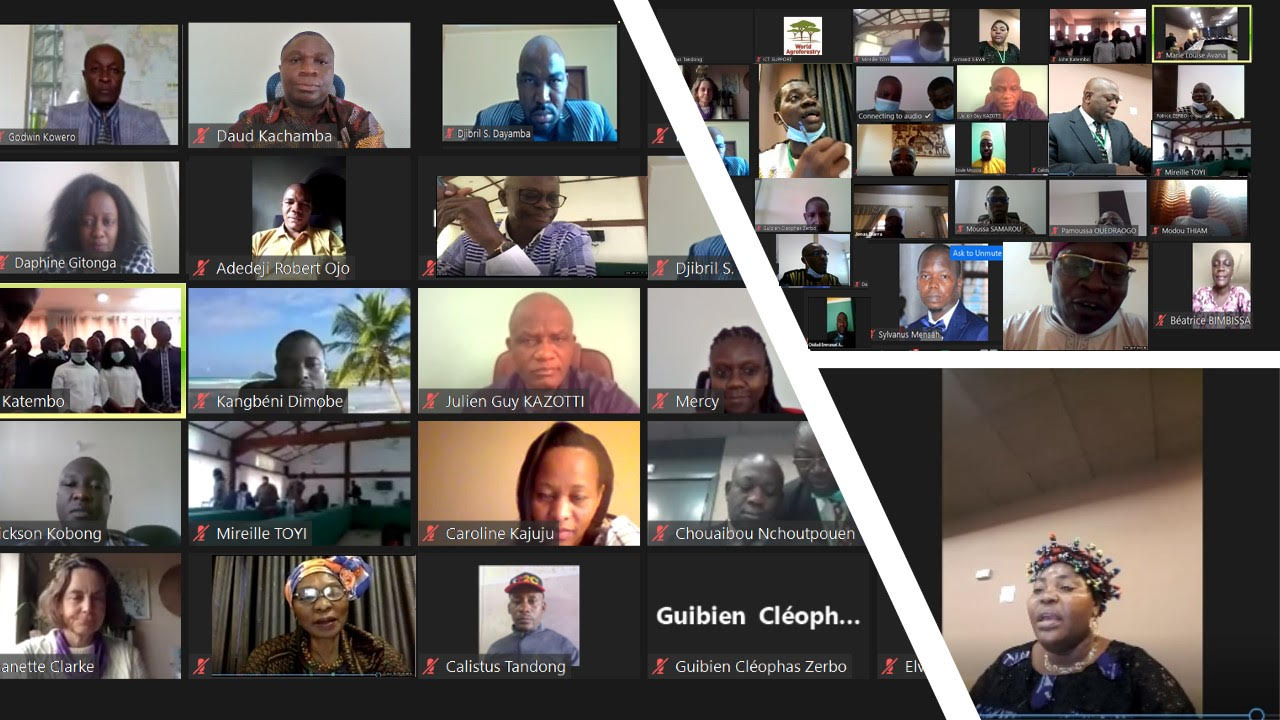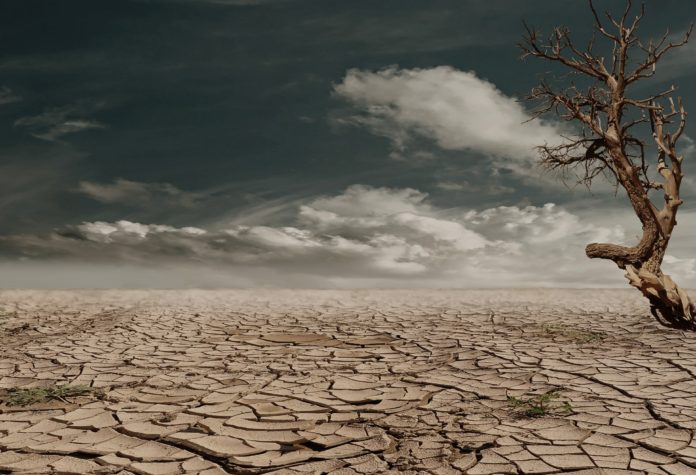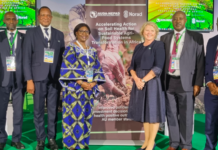By Nina Mitch
Kinshasa, DR Congo: Journalists from West and Central Africa recently attended a training on how they can report better on matters of climate change.
During the virtual meeting, it was noted that in the Paris agreement on climate change, Africa expressed its desire to assume its full share of responsibility in the global response to global warming.
All signatory countries to this agreement have submitted their nationally determined contribution. According to Professor Larwanou Mahamane, a climate change specialist and university professor, African countries are making efforts to develop their nationally determined contributions, but this is not enough, he said during the media roundtable organized virtually and in-person by the African Forest Forum in partnership with the Network for Natural Gums and Resins in Africa (NGARA).

He added that several countries are already in their second phase of development of their National Determined Contribution but it is a bit paradoxical because what was planned for the first phase is not yet fully achieved.
“I don’t know if these countries have achieved what was planned, I believe that there are shortcomings, first of all, the funds that were announced for the implementation of the Paris Agreement have not been mobilized, not even a tenth has been mobilized and this will not allow the implementation of everything that was planned, ” Profesor Mahamane said
With 675 million hectares of forest and 350 million hectares of woodland, Africa remains a marginal contributor to total greenhouse gas emissions. Although there are efforts on the ground to contribute to climate change mitigation and adaptation initiatives, these efforts are not effectively reported,” said Professor Marie Louise Avana, Program Officer at the African Forest Forum.
“The main gap that we could identify in the case of the studies conducted is mainly more in most cases it does not effectively report the efforts that are made, it is at this level that the African Forest Forum is trying to see how to strengthen their capacity to be able to report and capitalize essentially their mitigation and adaptation efforts and report effectively what they do in terms of contribution to the fight against climate change and adaptation initiative.
The tropical forests of Central Africa, which constitute the second lung of the planet in particular, store more carbon than the Amazon, yet they are under pressure from an ever-growing population due to human activity. To remedy this and stop this abusive exploitation of the forests, Dr. Dieudonné Alemagi, senior manager at Fokabs believes that the lives of people who depend on the forests should first be improved
“You cannot just ask people to stop cutting trees because they depend on these forests, they should first be reassured that their lives are better while the forest is protected but also put in place a forest management policy to create a win-win situation »
And Doctor Ben Chikamai, executive secretary of NGARA to emphasize the role of journalists in stopping deforestation.
“The journalist must play the role of sharing information and create awareness to the value and importance of those resources(trees) so that those who are trying to cut them can see the positive side of resources and not cut trees because they are trying to get livelihood from them,” Chikami said.
This workshop aimed to build the capacity of journalists in Central and West Africa to understand and effectively report on how African countries are managing the negative impacts of climate change on the forestry sector and the people who depend on it.














